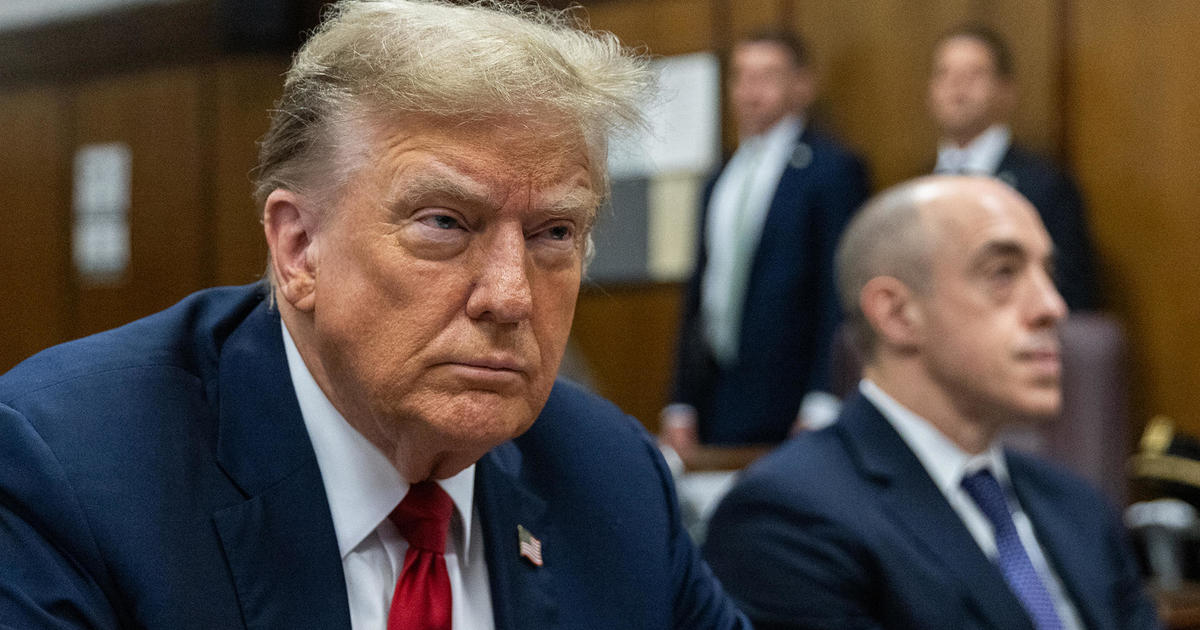Trump's new tariff takes aim at two foes: China and the Fed
- Wall Street analysts think President Donald Trump's surprise move on Thursday to threaten China with more billions in new tariffs is also an effort to spur the Federal Reserve into further lowering interest rates.
- Fed Chairman Jerome Powell this week cited the risk of renewed trade tensions as one reason why the central bank cut rates for the first time since 2008.
- Slapping a 10% tariff on some $300 billion in Chinese imports could cost American consumers as much as $200 per household, according to one estimate.
President Donald Trump may want to kill two birds with one tariff.
His surprise threat on Thursday to impose a 10% tax on $300 billion in Chinese imports, while unlikely to frighten Beijing, is at least a show of strength from the White House amid stalled trade negotiations. But Wall Street analysts said the move also has another aim: Pressuring the Federal Reserve to further lower interest rates, which Mr. Trump sees as critical for boosting U.S. economic growth and, presumably, his reelection odds.
"The latest tariff threat will clearly put new impetus into the [Federal Open Market Committee] to cut rates," UBS economists said in a research note, referring to the U.S. central bank's interest rate-setting panel. "We believe that the U.S. economy is fundamentally sound apart from the trade war."
Why Mr. Trump is flogging the Fed
When Fed chief Jerome Powell announced on Wednesday that policymakers were cutting rates for the first time since the 2008 financial crisis to inoculate the U.S. against a possible downturn, Mr. Trump made it clear he didn't think that was enough. "As usual, Powell let us down," the president tweeted.
How would re-igniting the trade war with China, especially after striking a truce with Chinese leader Xi Jinping at the G20 conference only last month, help the White House's cause? By stoking just the kind of economic anxiety that Powell warned this week could undercut U.S. and global growth.
Although the trade fight between the world's two largest economies has yet to inflict grievous harm on either country, Fed officials fear that the prospects of a long, grueling conflict could eventually torpedo both consumer and business confidence. And that would likely cause spending to slide, corporate profits to fall and investors to run for cover.
Meanwhile, Americans would likely feel the impact of the latest tariff round. Unlike the previous levies Mr. Trump has imposed on China during the trade fight, which have mostly targeted industrial products, the 10% duties set for September would land squarely on things like electronics, apparel, shoes and myriad other consumer goods. As a result, Oxford Economics estimates the new tariffs could cost the U.S. over $200 per household.
"In this bilateral trade war, the administration has now taken the Fed hostage," Oxford Economics economist Gary Daco told clients in a report. "President Trump has perceived a chink in the Fed's armor against political influence in the form of trade risks."
Walking a trade tightrope
So what could possibly go wrong with Mr. Trump's strategy? Lots, actually.
Stocks in the U.S. veered south only moments after the president issued his latest tariff threat -- vaporizing hundreds of billions of dollars from the stock-market value of American companies. Markets continued to slump on Friday, with the Dow down nearly 900 points from its Thursday high note before Mr. Trump tweeted his new tariff threat.
China would almost certainly retaliate, and it could choose to take the gloves off by targeting U.S. bellwethers like Apple — after all, the tech company makes most of its iPhones in China and also is counting on Chinese consumers to lap up its products. Beijing also could move to weaken its currency in a bid to offset any dip in exports stemming from U.S. tariffs.
In Washington, D.C., Mr. Powell and other policymakers could decide they've had enough of Mr. Trump's bullying and hold the line against future rate cuts. The U.S. business community is already squawking about the tariffs and is certain to lean on Republican lawmakers to make their displeasure known with White House officials. Notably, it was the risk of intra-party rebellion that previously persuaded Mr. Trump last month to hold off on new tariffs on China and press on with trade talks, analysts say.
Finally, and in case anyone has forgotten, the president has an election to win next year. He must tread a fine line between talking tough on trade, jawboning the Fed into doing his bidding and sending the American economy into reverse as campaign season heats up.
If Mr. Trump has an ace up his sleeve, it may be this: As the 2016 election showed, many Americans today are deeply skeptical about the virtues of "free" trade. Yes, tariffs may well raise the cost of items at the dollar store, but it's nothing compared to the wound inflicted on many people's well-being by unfettered globalization.
By this logic, standing up to America's chief geopolitical rival while pushing for Fed policies that boost U.S. workers could turn out to be savvy, if risky, politics.



